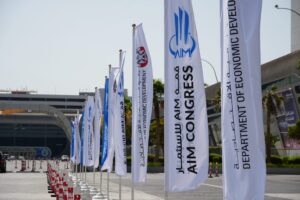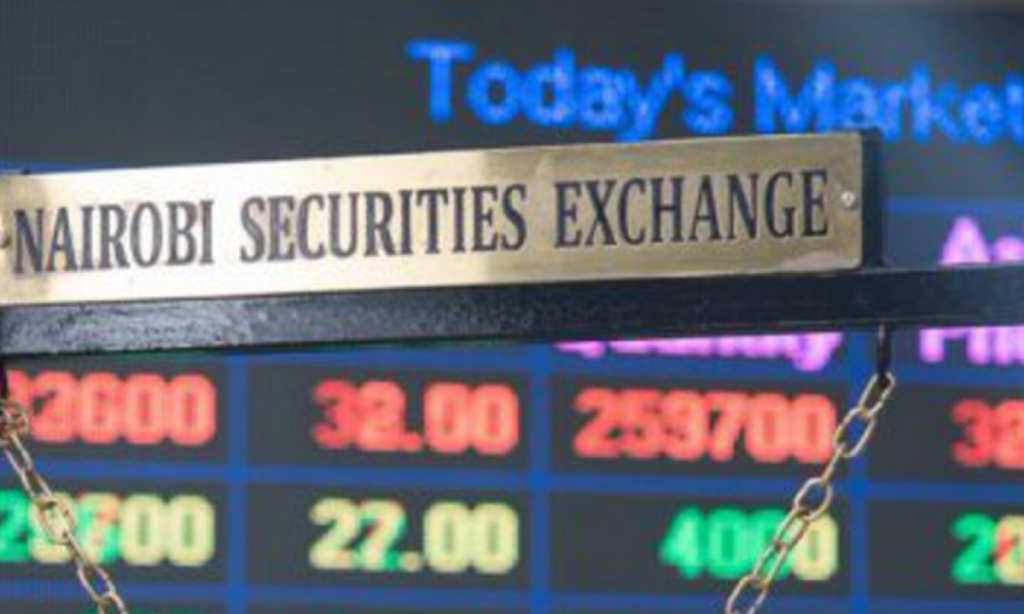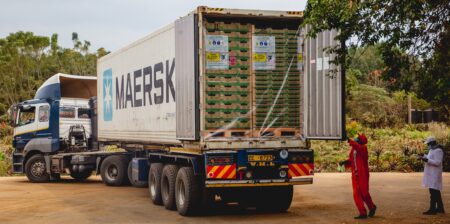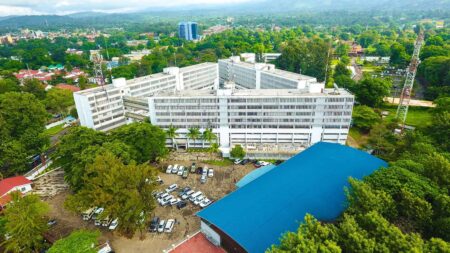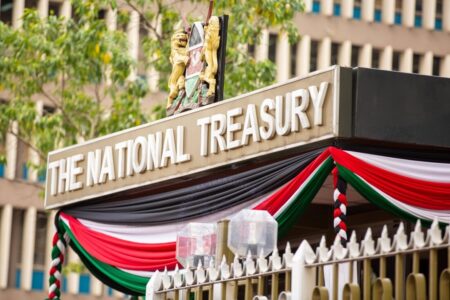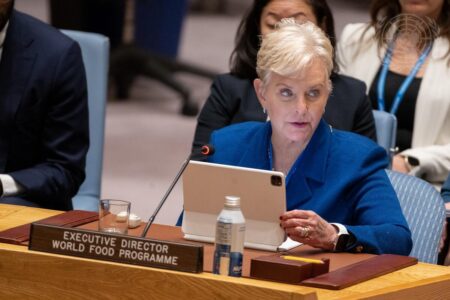- Kenya’s equity market has received an upgrade on its classification by the FTSE Russel Index from “Restricted’ to “Pass” on the repatriation of capital and income.
- This development partly indicates that Kenya is now a maturing market, characterised by increased transparency, liquidity, and a growing investor confidence.
- Across Africa, data shows that an estimated $700 million was reported held in 11 African countries, with Nigeria accounting for the lion’s share.
FTSE Russell, a global provider of analytics, benchmarks and data services, has endorsed the Nairobi Securities Exchange Plc (NSE), ushering a new era in Kenya’s financial services industry. The NSE has announced that as of March 2024, the Nairobi bourse has been reclassified by the FTSE Russell Governance Board, moving from a “restricted” to a “pass” status.
This pivotal change is not just a mark of progress, but a move to underscore the resilience and strategic navigation of the Kenyan equity market through the rigorous demands of international financial standards.
For the NSE, the journey to this notable upgrade has been one of determined efforts to overcome challenges, especially those related to the repatriation of capital by institutional investors. By addressing these critical issues, that have equally plagued many stock exchanges across Africa, FTSE Russell has lifted restrictions on the implementation of index changes for Kenyan securities within FTSE Russell equity indices since September 2023.
What endorsement by FTSE Russell means for Kenya equity markets
This development partly indicates that Kenya is now a maturing market, characterised by increased transparencny, liquidity and a growing investor confidence.
The FTSE Russell upgrade comes against a backdrop of financial turbulence in the Nairobi bourse, with the NSE experiencing a continuous withdrawal of foreign investments for five months leading to January 2024.
These outflows, totaling $1.4 million (KES178.2 million) in January alone and $161 million (Kes21.2 billion) throughout 2023, were largely attributed to the comparative allure of higher returns in advanced economies, spurred by significant interest rate increases in the biggest economies. Yet, the reclassification signals a reversal of fortunes and a renewed attractiveness of Kenya’s equity market to global investors.
The reclassification was endorsed by FTSE Russell’s external advisory committees and the FTSE Equity Country Classification Advisory Committee, along with the FTSE Russell Policy Advisory Board.
This global consortium of market experts has recognised the NSE’s strides in meeting the exacting standards required for the upgrade, showcasing a growing confidence among international institutional investors in Kenya’s equity market.
Mr. David Wainaina, the acting CEO of the NSE, hailed the upgrade saying it is a “demonstration of the confidence international institutional investors are placing in our market.” The endorsement by global index provider FTSE Russell elevates NSE’s stature on the world stage but also signals the opening of new avenues for foreign investment, market diversification, and enhanced market activity and liquidity.
FTSE Russell’s upgrade enhances the visibility and appeal of the NSE to the global investment community, pushing the bourse onto a future filled with new opportunities.
Repatriation of investments and profits in Africa
Repatriation of investments and profits has been a hot topic in key African economies, with Nigeria often cited as a case in point due to the persistent challenges foreign investors face in this regard.
The Central Bank of Nigeria has implemented capital control measures aimed at reducing pressure on the nation’s forex reserves, which, while intended to stabilise the economy, have hindered the ability of foreign investors to move foreign currency out of Nigeria, particularly affecting the repatriation of profits and dividends.
The liquidity issues in Nigeria’s forex market have been singled out as a major obstacle, leading to the continuation of special treatment of MSCI for Nigeria since May 2020 to mitigate potential changes in relevant indices. In October 2023, the MSCI, a provider of critical decision support tools and services for the global investment community reclassified MSCI Nigeria Indexes from Frontier Markets to Standalone Markets status in one step coinciding with the February 2024 Index Review.
Across Africa, data shows that an estimated $700 million was reported held in 11 African countries, with Nigeria accounting for the lion’s share. This situation has had negative implications for businesses operating in Nigeria, including major global carriers, which have faced difficulties repatriating their profits, leading to reduced operations and increased operational costs.
Despite the legal frameworks in place to facilitate the free entry and exit of investment funds, such as the Nigerian Investment Promotion Commission Act and the Foreign Exchange (Monitoring and Miscellaneous Provisions) Act, which aim to encourage foreign investment by guaranteeing the repatriation of profits and capital, implementation issues persist.
These challenges stem from a variety of factors including swings in crude oil prices, devaluation of the naira, and restrictive forex policies enacted by Nigeria’s Central Bank.
Overall, while African economies, particularly Nigeria, continue to seek foreign investment as a driver of economic growth, addressing the challenges associated with the repatriation of profits and capital remains crucial to maintaining investor confidence and fostering a more favourable investment climate.
For Kenya, however, the FTSE Russell’s endorsement is set to catalyse economic growth, innovation, and socioeconomic development within East Africa’s financial markets hub. The upgrade firmly places the NSE on a path toward a future of greater integration into the global financial ecosystem.
Read also: Kenya’s capital markets regulator approves hybrid fixed-income securities unit
